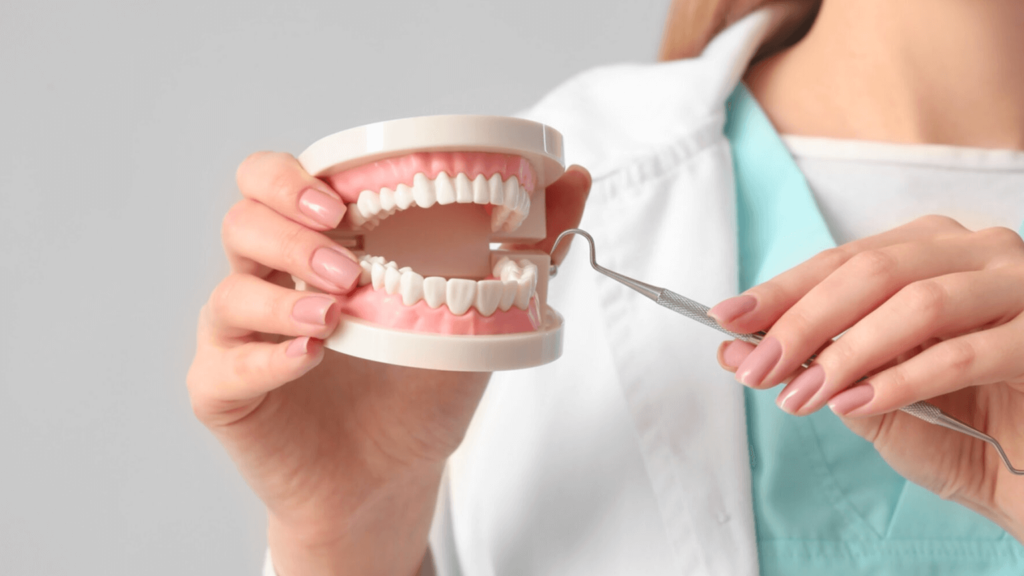
Preventive Dentistry
Preventive dentistry focuses on proactive measures to maintain optimal oral health and prevent dental problems before they arise. By emphasizing regular dental care and patient education, this approach aims to preserve natural teeth, prevent decay and gum disease, and promote overall well-being.
Routine dental check-ups and cleanings are fundamental components of preventive dentistry. During these visits, dentists conduct thorough examinations to detect early signs of dental issues such as cavities, gum disease, or oral cancer. Professional cleanings remove plaque and tartar buildup, reducing the risk of tooth decay and gum inflammation.
Dental sealants and fluoride treatments provide additional protection against cavities. Sealants are thin plastic coatings applied to the chewing surfaces of molars to seal off crevices where bacteria can accumulate. Fluoride treatments strengthen tooth enamel, making it more resistant to acid erosion and decay.
Patient education plays a crucial role in preventive dentistry. Dentists educate patients on proper oral hygiene practices, including brushing, flossing, and dietary habits. By empowering patients with knowledge and skills to maintain good oral health at home, preventive dentistry fosters a partnership between patients and dental professionals in preserving their smiles for a lifetime.
Customized preventive care plans may also include lifestyle recommendations tailored to individual risk factors, such as smoking cessation, dietary modifications, or the use of protective mouthguards during sports activities.
Overall, preventive dentistry promotes proactive dental care to safeguard oral health, minimize the need for invasive treatments, and enhance overall quality of life. By prioritizing preventive measures, individuals can enjoy healthier smiles and reduce the risk of dental problems in the long term. Regular dental visits and adherence to preventive recommendations are key to achieving optimal oral health and well-being.

